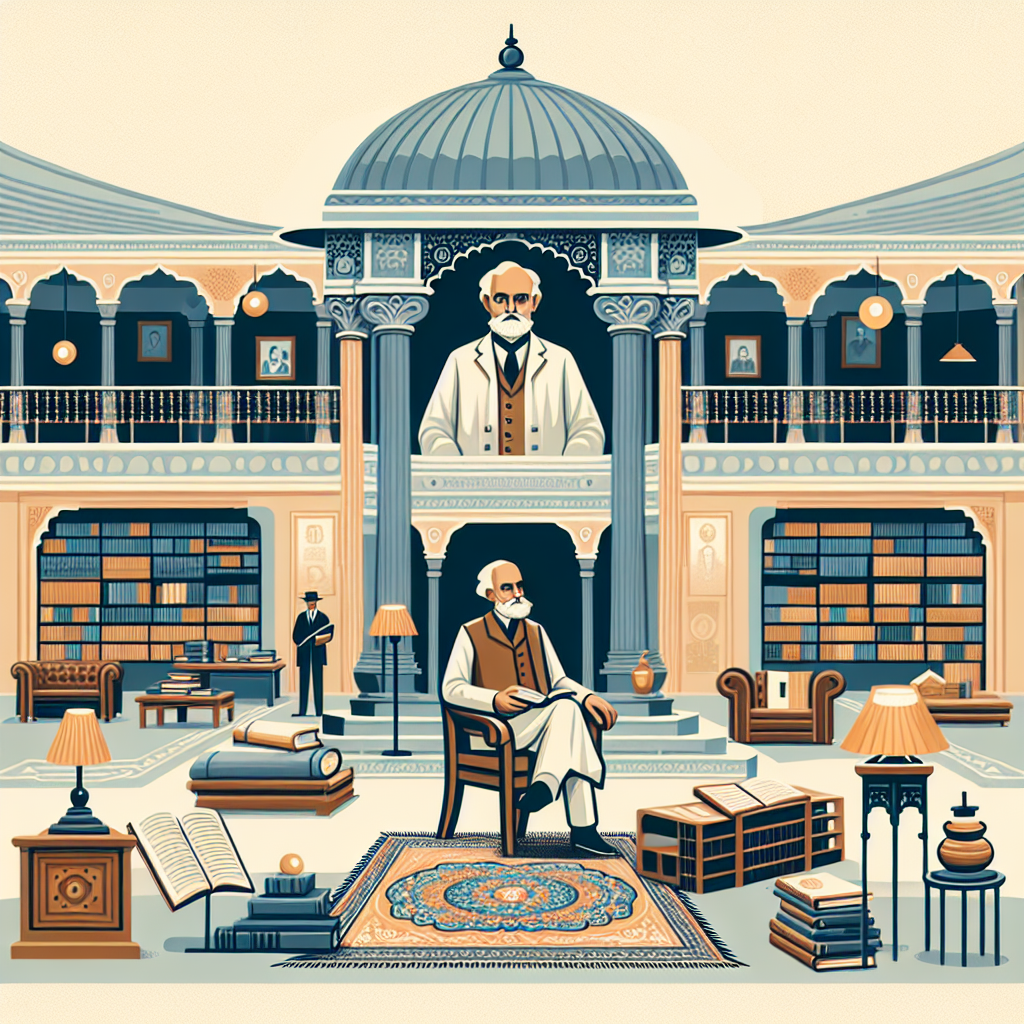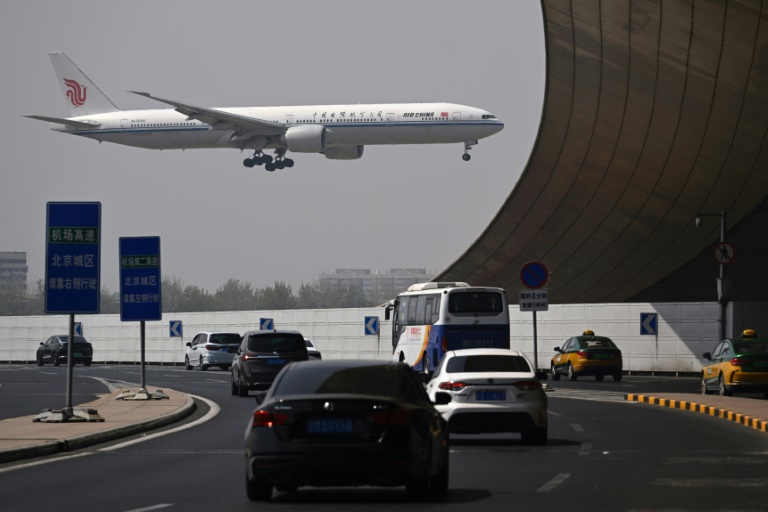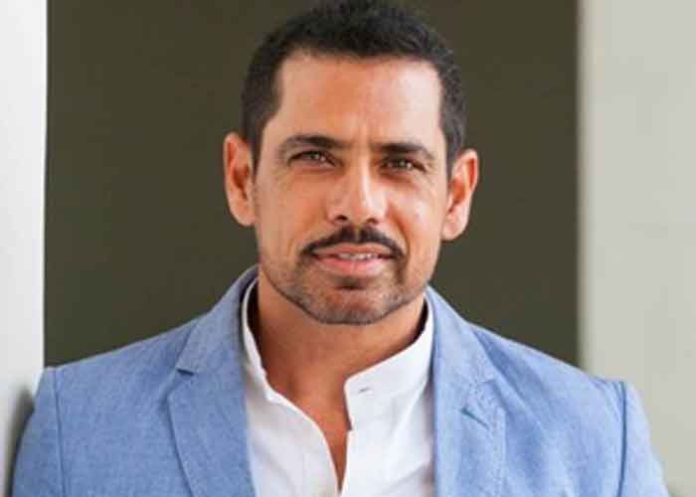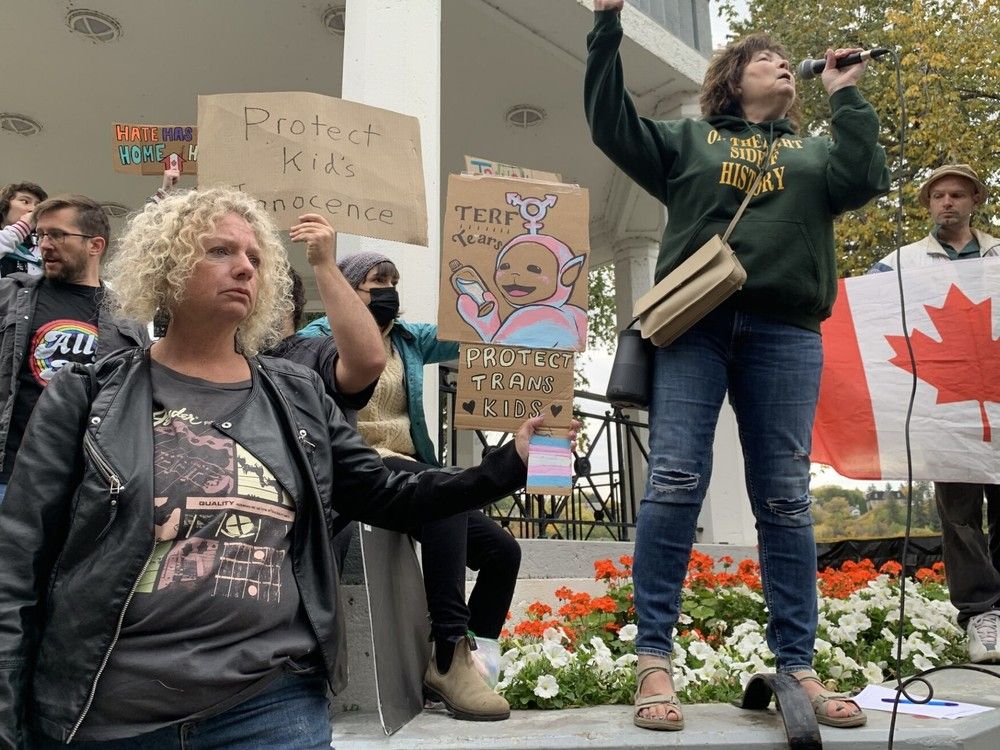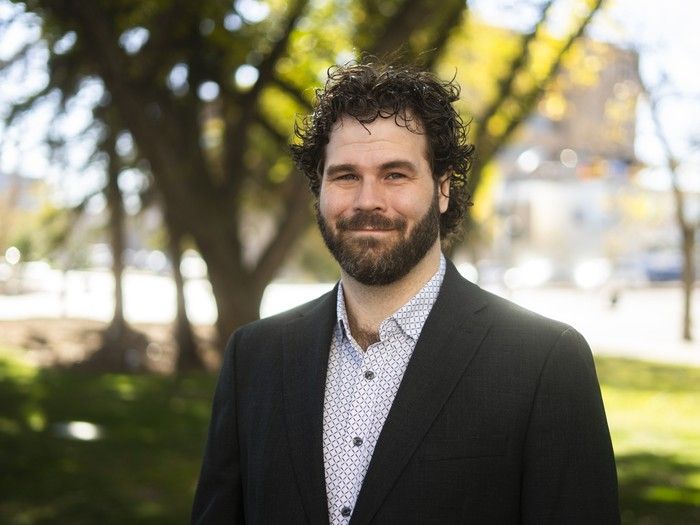Alongside his celebrated literary works, Mario Vargas Llosa never ceased to participate in public debate through articles, essays, interviews, and lectures. He even became a presidential candidate in his native Peru in 1990, when he was defeated by Alberto Fujimori. As a young man, he had flirted with Castroism, but quickly evolved toward first liberal and then more distinctly conservative positions.
His opinions never left anyone indifferent. What follows is a compilation of his most notorious polemics. Mario Vargas Llosa was a furious critic of Catalan nationalism, the independence movement, and the normalization of the Catalan language.

And yet he had lived in Barcelona between 1970 and 1974, where, as he later said, Catalan nationalism was "completely insignificant, considered a reactionary movement, of those nostalgic for the past." In 2017, he was one of the intellectuals who mobilized against the Catalan Process and participated in the unionist demonstration on October 8 in Barcelona, where he went so far as to say that "something more than a coup plot by Messrs. Puigdemont and Junqueras and Ms.
Forcadell is needed to destroy what they have built for 500 years." In 2018, he said that Catalan nationalism was a "toxic ideology" that provoked "racism and violence." Curiously, Vargas Llosa was one of the Hispanic intellectuals who best understood the and who most valued the work of Joanot Martorell, about whom he wrote an essay entitled At an event in Valencia in 2010, he said that the fact that the work was written in Valencian had "limited its dissemination.
" The writer was always a frequent signatory of all kinds of manifestos against the normalization of Catalan and supported Ciutadans (Citizens) in this regard. Vargas Llosa's greatest defender in Spanish politics in recent years has been current PP MP Cayetana Álvarez de Toledo, with whom he founded the Libres e Iguales platform. Politically, Vargas Llosa supported politicians such as José María Aznar (PP), Rosa Díez (UPyD), and Albert Rivera (Cs), and considered Podemos a "populist party" that could mean a "return to caudillismo.
" In that sense, he was always highly critical of Pedro Sánchez for his pacts with the left and the independentists. A Spanish national since 1993, the last politician who had aroused Vargas Llosa's admiration was the president of Madrid, Isabel Díaz-Ayuso, for her blend of economic liberalism and defense of Spanish unity. Vargas Llosa also considered indigenism—that is, the vindication of cultures and identities prior to the Spanish conquest—to be a danger, and he was always highly critical of figures such as former Bolivian President Evo Morales and former Mexican President Andrés Manuel López Obrador.
In reality, for the Peruvian writer, indigenism was a kind of identity-based nationalism based on an idealized but nonexistent past. Along the same lines, he always defended the idea that the Spanish language had been a boon to Latin America because it had allowed all speakers on the continent to understand each other. "The language of Cervantes and Pizarro came to save us from unjustified massacres," he once said, endorsing the supremacist discourse that maintains that the arrival of Europeans served to end the "barbaric" situation that prevailed on the continent.
These statements provoked a wave of indignation across the continent. The Me Too movement and other advances in feminism were also criticized by Vargas Llosa. In an article in titled He claimed that "feminism is today the main enemy of literature" and argued that if pressure against sexism continued, many writers would end up "burned at the stake.
" Similarly, as a member of the RAE (Royal Spanish Academy of Spanish Language), he was a fierce opponent of the use of inclusive language. "It's stupid," he said. Contrary to what some conservative intellectuals have done, Vargas Llosa was always critical of figures like Donald Trump and even far-right parties like Vox.
In an article published in , stated after the attack on the Capitol that "just because there is a free vote doesn't mean citizens always vote well." "Very often they vote poorly and choose not the best but the worst. Perhaps this is the main lesson Trump leaves us," he said.
.
Politics

From Catalan to feminism: Vargas Llosa's five controversies

Alongside his celebrated literary works, Mario Vargas Llosa never ceased to participate in public debate through articles, essays, interviews, and lectures. He even became a presidential candidate in his native Peru in 1990, when he was defeated by Alberto Fujimori. As a young man, he had flirted with Castroism, but quickly evolved toward first liberal and then more distinctly conservative positions. His opinions never left anyone indifferent. What follows is a compilation of his most notorious polemics.



